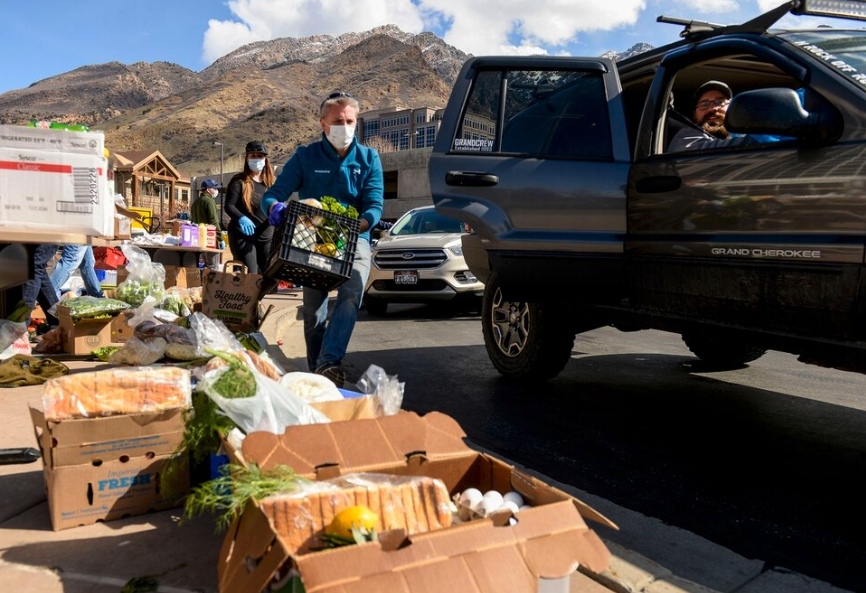3 Ways Hotels Are Providing Community Service During the COVID-19 Crisis
Through this unprecedented time, hoteliers are being forced to get creative and think outside the box during the COVID-19 pandemic. After a little research, we’ve found out what some hotels are doing to serve their communities. Here are three ideas some properties are using to give their team members a purpose and support people who need assistance.
How Hotels Are Helping Healthcare Workers and the Sick
Hotels that are located somewhat close to hospitals are offering rooms to healthcare workers. Many hospital workers would enjoy a place nearby to sleep in between shifts, a shower before returning home or a place to go to minimize exposing their own family members if they do get ill. Several hotels in New York City did this and NY governor Andrew Cuomo praised their service.
Asking mildly ill people to self-quarantine at home can endanger other people within their household. Offering rooms or setting up field hospitals in common spaces or meeting rooms for people that have coronavirus ensures they have a safe place to go and recover before returning home. Wuhan created field hospitals using this tactic and it was critical to containing the epidemic in less than two months. New York and other major cities are taking a similar approach.
Wondering how to make arrangements like these happen? Cloudbeds, a hospitality technology provider, created a non-profit and initiative #HospitalityHelps to connect healthcare and government agencies to hotels. Cloudbeds wanted to help hotels with record-low occupancy rates, while also providing a great service for communities around the United States.
What Hotels Are Doing with Extra Food
With many hotel restaurants forced to close down, some hotels are donating food that would otherwise go bad to local community centers. Many many ski resorts around the country were forced to close, Snowbird in Utah, for example, donated 10,000 pounds of food to employees.

(Photo from Leah Hogsten | The Salt Lake Tribune)
To maintain the CDC’s social distancing protocols, Snowbird set up a drive-thru at their corporate office and handed fellow workers the food through open windows or dropped bags of food into open trunks. In addition to helping out employees, hotels could also contact their local food banks or homeless shelters to provide food donations.
How Hotels Are Helping Displaced Individuals and Families
When 31 universities in Boston closed within a 3 week period due to the pandemic, many students (especially international students) were left without a place to go. Some students were given less than a week to move out of their dorms and head home. The Bostonian Boston worked with universities and were able to create an affordable housing program for displaced students and faculty.
For vulnerable homeless populations, the risk of contracting and recovering from COVID-19 is big. Many homeless people are already in poor health, and with the current crisis, they are choosing between living on the street with poor conditions for good hygiene or staying in overcrowded shelters - both a recipe for disaster. Many hotels in the Bay Area worked with public officials to provide temporary shelter for the homeless.
How Hotels Are Serving Their Community
Hopefully, these ideas of what other hoteliers are doing to get through the COVID-19 crisis can spread some positivity and inspiration. Some of these options do have the ability to earn revenue through discounted leasing options, and others require giving away rooms or spaces pro bono.
No matter how you approach getting through this crisis, there is no doubt the pandemic has required a shift in focus. While hoteliers in the past were focused on day-to-day operations, RevPAR and increasing occupancy rates, we’ve now all had to take a step back and focus on the things that matter most - our responsibilities to one another. Taking care of staff, guests and communities are of utmost importance. Being good stewards of one another will hopefully pay future dividends and further solidify hotels as part of the fabric of their communities, poised for success when this temporary crisis is over.


